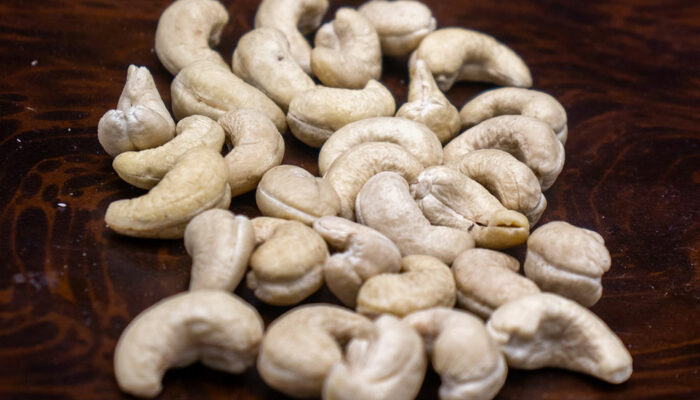
Eczema Triggers to Avoid
Eczema, also known as atopic dermatitis, is a skin condition caused by allergic triggers, which make skin dry, itchy, inflamed, and red. It is common among children but can also occur in adults. The flare ups tend to happen periodically and may be accompanied by asthma or hay fever. While there is no treatment for eczema, it is possible to manage the condition, especially if you are aware of your specific allergy triggers.
In this article, we share some of the common triggers of eczema that one should avoid:
1. Gluten or wheat
Some research has shown that gluten or wheat can cause eczema flare-ups. Patients who went off of both showed significantly clearer skin after a few weeks. Gluten and wheat, however, do not cause eczema but can help in mitigating the symptoms.
2. Soaps and detergents
Some soaps and detergents can dry the skin, make it tight, and damage the skin’s top layer. Some soaps contain perfumes that can cause eczema flare-ups. It is important to avoid soaps that are scented, as well as those meant for oily skin. Some soaps can destabilize the pH of the skin hence causing worsening the symptoms of Eczema. You can use alternative cleansers to be safe as these do not contain sodium lauryl sulfate.
3. Abrasive clothing
Abrasive fabrics that are tight, rough, and can tag on the skin like wool can trigger eczema. It is advisable to use fabrics that are soft and cool on the skin. Cotton and silk, for instance, are good choices for anyone suffering from eczema.
4. Heat and sweating
Heat and Sweating can worsen the Eczema symptoms. This is because sweat contains chemicals released from the body, making the itching worse. It is also possible that hot weather will make the symptoms of Eczema worse over a period of time.
5. Stress
Your state of mind can be another eczema trigger that can worsen the condition. This is because the body releases a hormone known as cortisol when you are stressed. This hormone can quickly increase inflammation throughout the body. It is important to rest and manage any issues that are mentally affecting you to avoid these triggers.These could include situations that make you anxious and so on.
6. Dust mites
Eczema and allergies are two words that are often in the same sentence.Mites’ allergies are usually allergic reactions to bugs that live in damp, dark, and warm areas such as beds and sofa. They feed on insects, fabric, debris, and even flakes of dry skin. This is why these mites can be attracted to you if you are suffering from an eczema flare-up. As they go over your skin, they leave droppings that have enzymes that irritate vulnerable skin. To avoid allergic reactions caused by mites in your home, it is important to ensure the house you live in is clean and dry at all times. It is also necessary that you frequently vacuum to get rid of dust and mites.
7. Pollen
Pollen is a common allergen that can cause eczema flare-ups. If you are already suffering from eczema, you must stay indoors during pollination. This will help prevent exposure to allergens.
If you are suffering from eczema, it is necessary to avoid the allergens above and watch out for eczema symptoms to mitigate flare-ups.



